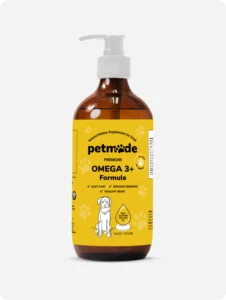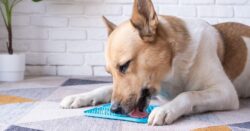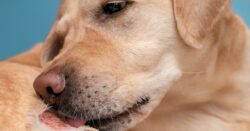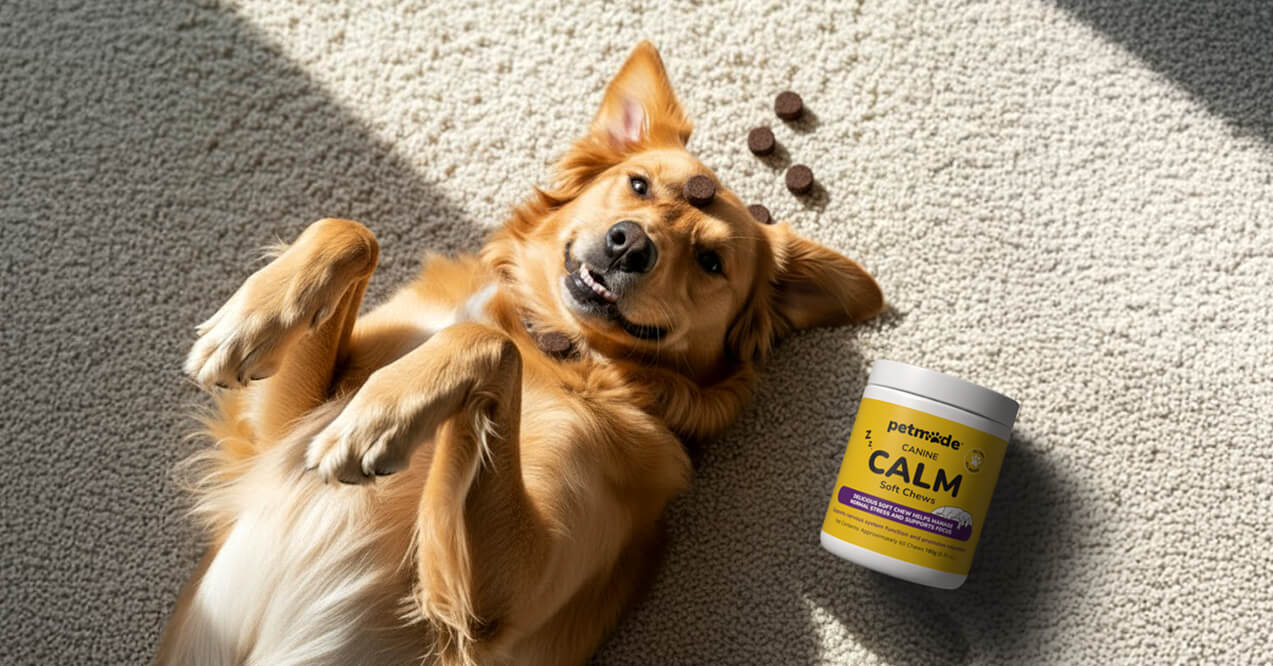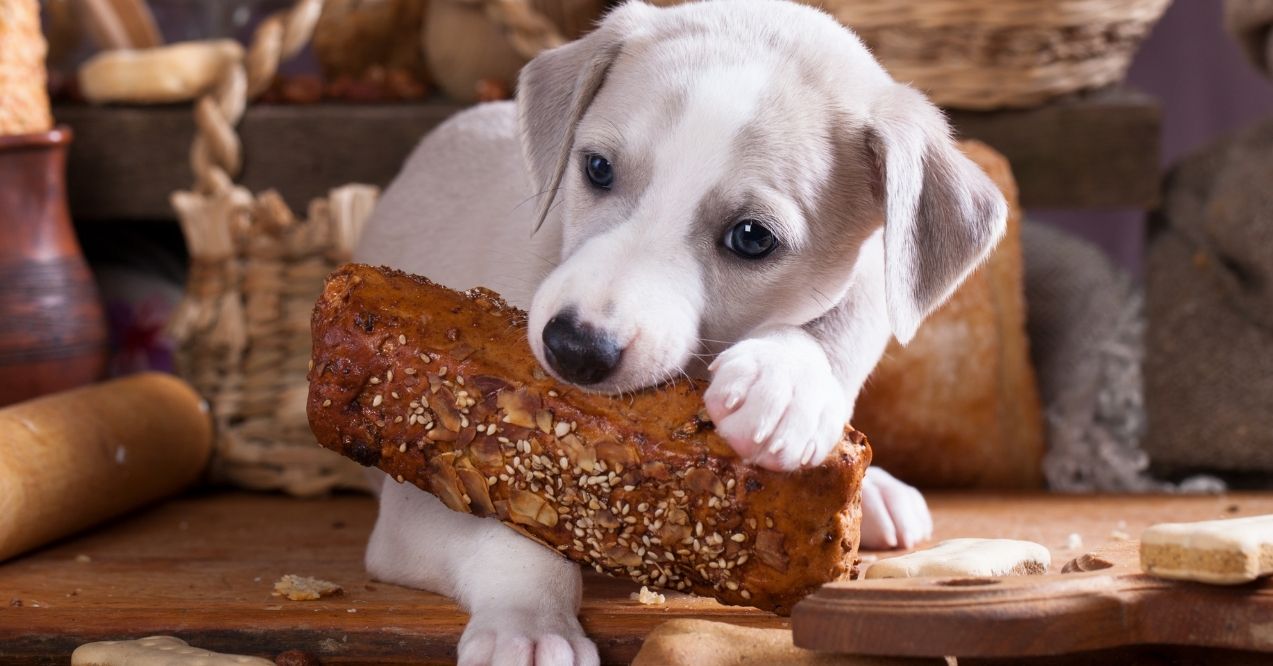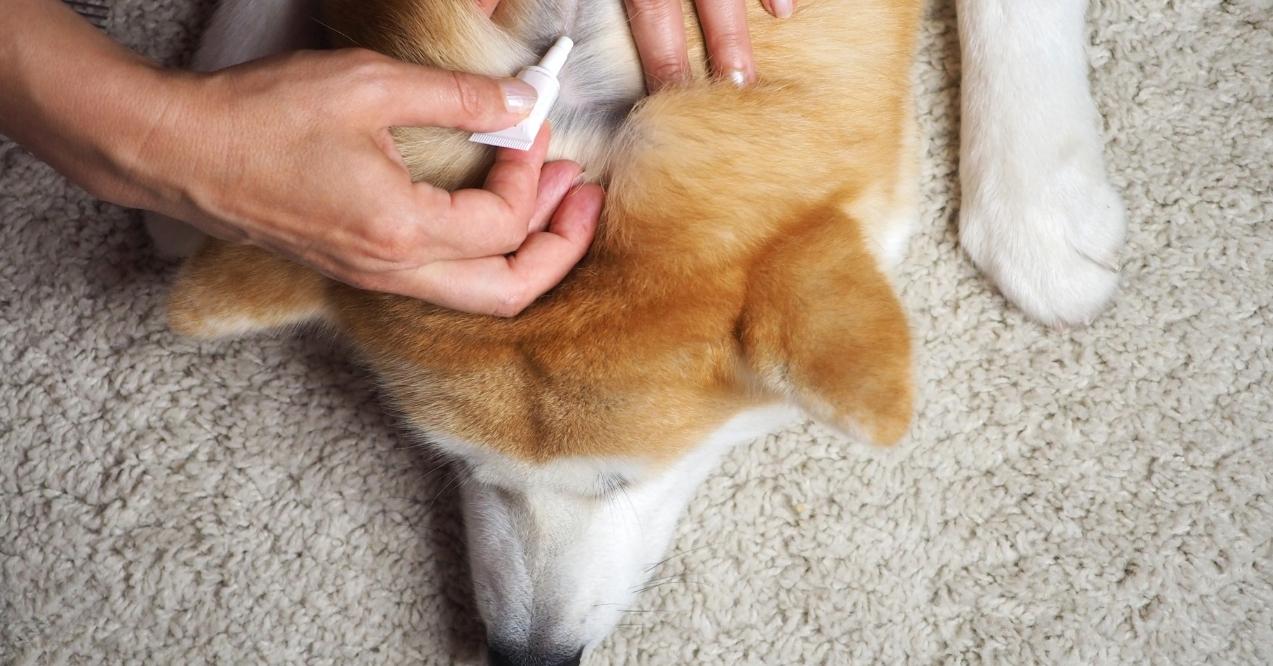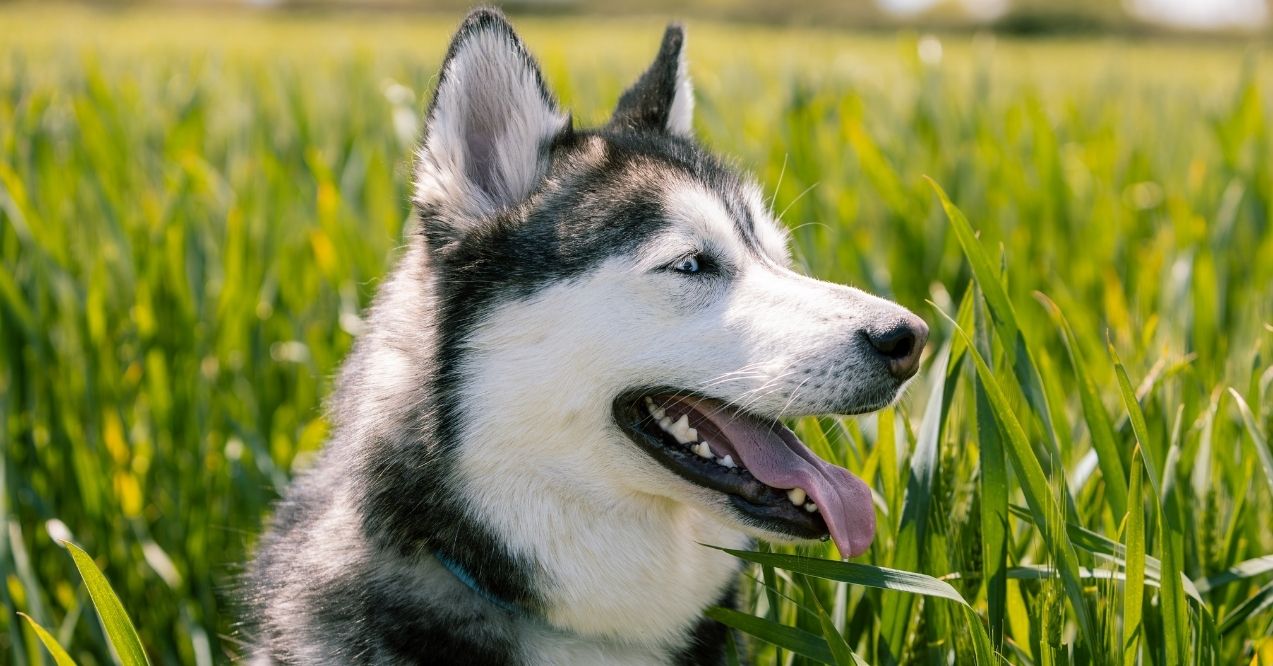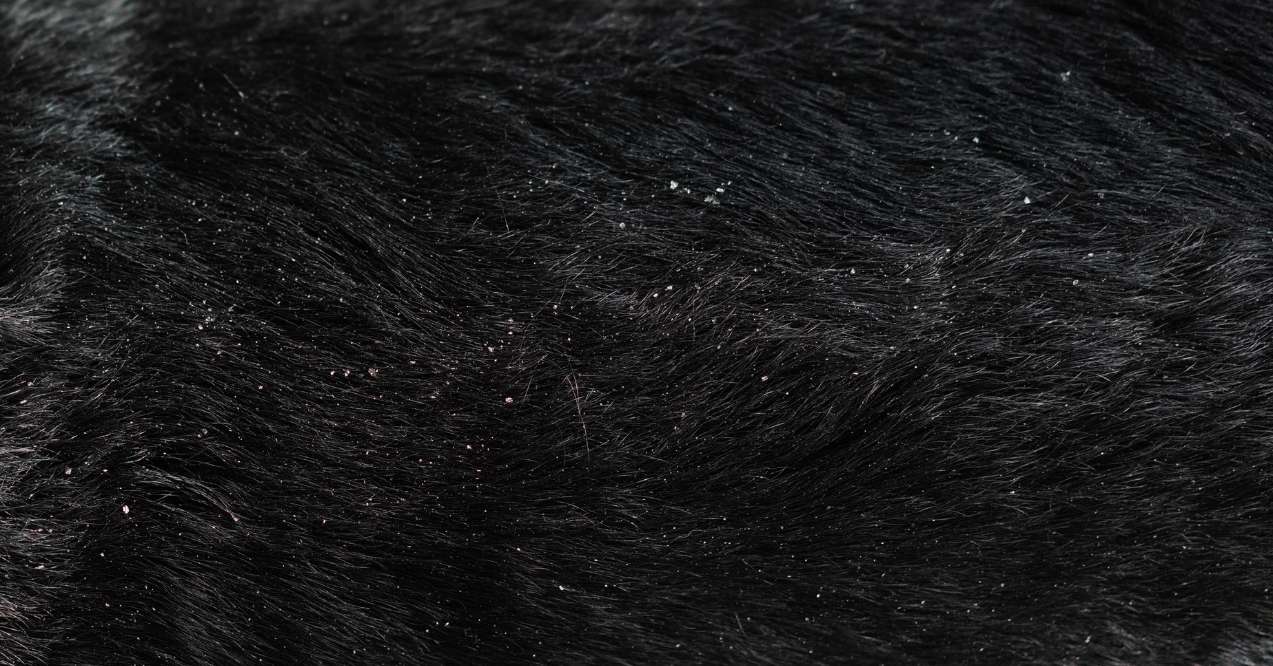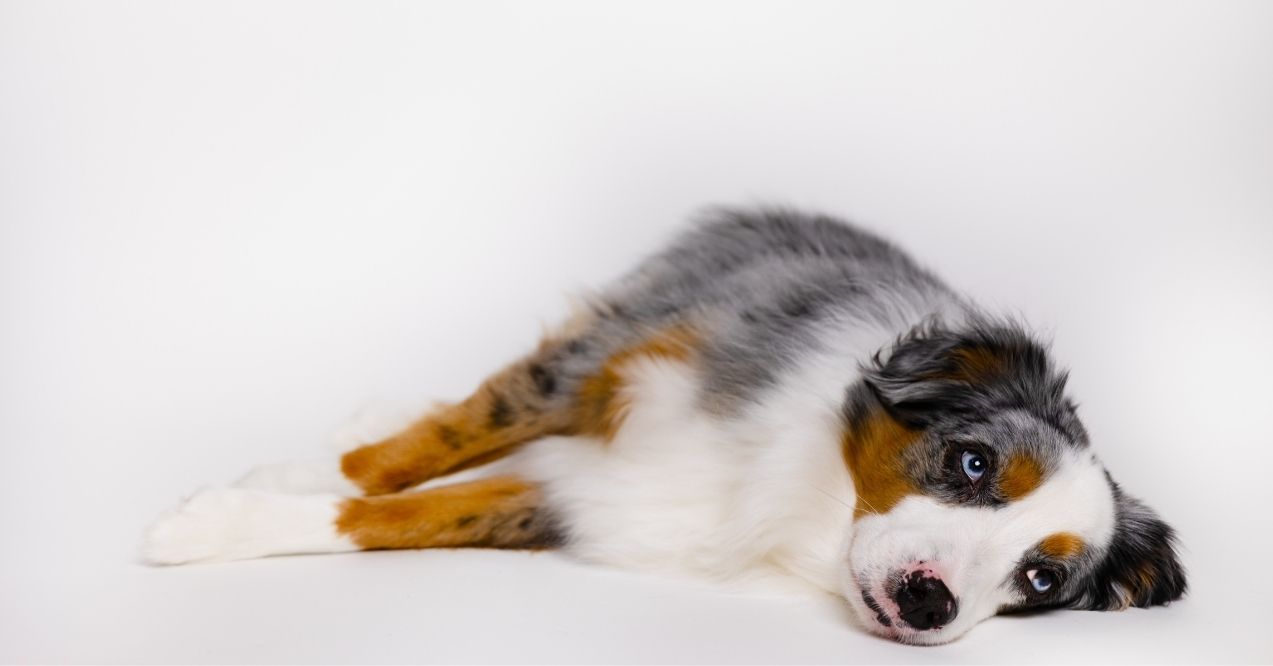What Vitamin Deficiency Causes Hair Loss in Dogs?
What vitamin deficiency causes hair loss in dogs? Exploring this question reveals a crucial aspect of canine health. While several factors can lead to hair loss, including allergies, parasites, and hormonal imbalances, nutritional deficiencies are also a vital area of concern.
Vitamins and minerals play significant roles in skin health and hair growth. When lacking, these nutrients can lead to noticeable issues, such as dry skin and sparse hair, making it important to understand which vitamins and minerals are most critical.
Therefore, this blog post delves into the key vitamins and minerals linked to hair loss in dogs, providing insight into how to support your dog’s health through balanced nutrition.
Vitamin Deficiencies That May Cause Hair Loss
What vitamin deficiency causes hair loss in dogs? Vitamins and minerals are essential for maintaining a healthy coat and skin integrity in dogs. When these nutrients are lacking, dogs can experience various health issues, including hair loss.
In this section, we will explore key vitamins that play a crucial role in promoting healthy hair growth and preventing excessive shedding in dogs:
Vitamin A
Vitamin A is vital for skin health and hair growth in dogs. This fat-soluble vitamin supports the repair of skin tissues and plays a crucial role in the maintenance of healthy hair follicles. Symptoms of vitamin deficiency in dogs related to Vitamin A can include dry, flaky skin and patchy hair loss.
Therefore, ensuring your dog receives adequate Vitamin A through their diet or supplements can help maintain their coat’s health and appearance.
Vitamin E
Vitamin E, an antioxidant, plays a significant role in defending skin cells from oxidative damage caused by free radicals. This nutrient is essential for maintaining the integrity of skin health, which directly influences coat quality.
Dogs lacking sufficient Vitamin E often suffer from a dull coat and may experience skin irritations due to a compromised barrier function. Supplementing a dog’s diet with Vitamin E can support skin health and contribute to a shinier, healthier coat.
Biotin (Vitamin B7)
Biotin, also known as Vitamin B7, is also fundamental in fostering robust skin and hair health. It aids in metabolic processes that contribute to the regeneration of skin and hair cells. Biotin deficiency in dogs can result in brittle hair, skin lesions, and general coat deterioration.
Therefore, ensuring your dog receives adequate biotin, either through diet or supplementation, is vital for maintaining their coat’s strength and preventing hair loss. This B-vitamin not only promotes recovery of the skin’s protective layers but also enhances the coat’s sheen and texture.
Vitamin B12
Vitamin B12 plays a vital role in red blood cell formation and nervous system function. It supports the metabolism of fatty acids and amino acids, which are essential for healthy skin and coat. When dogs lack sufficient B12, they may experience fatigue and weakness, which can indirectly affect coat health.
Hair may become brittle and prone to breakage, leading to increased shedding and potential bald patches. In more severe cases, B12 deficiency can cause neurological issues that may manifest as changes in skin sensation or muscle control, further impacting coat quality.
Copper
Copper is crucial for maintaining hair pigmentation and follicle health. This mineral aids in the production of melanin, the pigment responsible for coat color. Copper also supports collagen and elastin formation, which are important for skin structure and elasticity.
Dogs deficient in copper may exhibit patchy hair loss, particularly noticeable around the face and neck. The coat may appear dry, rough, and lose its natural color, often taking on a grayish or reddish tinge. In some cases, the hair may become curly or kinky, especially in breeds with normally straight coats.
Vitamin D
Vitamin D regulates calcium and phosphorus metabolism, which is crucial for hair growth, bone health, and muscle function. It supports the hair growth cycle by helping to create new hair follicles. Dogs deficient in Vitamin D may experience hair thinning or loss, particularly noticeable along the back and tail.
Other symptoms can include muscle weakness and lethargy. In more severe cases, Vitamin D deficiency can affect calcium absorption, potentially leading to issues with bone density and muscle function.
Symptoms of Vitamin Deficiency in Dogs
Recognizing the signs of vitamin deficiencies in dogs is also crucial for maintaining their overall health and coat quality. While some symptoms may overlap with other health issues, there are specific indicators that can point to nutritional imbalances:
Coat Changes:
- Excessive shedding beyond normal seasonal changes
- Dull, dry, or brittle hair
- Patchy hair loss or thinning coat
- Changes in coat color or texture
Skin Issues:
- Dry, flaky, or scaly skin
- Increased skin sensitivity or irritation
- Slow wound healing
- Redness or inflammation
Behavioral Changes:
- Lethargy or reduced activity levels
- Decreased appetite
- Irritability or changes in temperament
Physical Symptoms:
- Weight loss despite normal food intake
- Muscle weakness or tremors
- Changes in nail strength or growth
- Eye issues, such as cloudiness or discharge
Digestive Problems:
- Constipation or diarrhea
- Vomiting
- Increased or decreased thirst
To accurately identify vitamin deficiencies, a comprehensive approach is necessary. This may involve:
- Dietary review – Evaluate your dog’s current diet, including any supplements, to assess potential nutritional gaps.
- Blood tests – Comprehensive blood panels can reveal deficiencies in vitamins and minerals, as well as other health markers.
- Skin and hair examination – A close inspection of the skin and coat can provide valuable insights into potential nutritional imbalances.
- Urinalysis – Some vitamin deficiencies can also be detected through urine tests.
- Fecal analysis – This analysis can help identify parasites or other digestive issues that might be causing nutrient malabsorption.
- Regular monitoring – Keeping track of any changes in your dog’s appearance, behavior, and overall health can help detect potential deficiencies early.
It’s important to note that mineral deficiencies can also impact a dog’s coat health. For instance, zinc deficiency symptoms in dogs often manifest as skin and coat issues.
These may include hair loss, as well as crusty, scaly skin lesions, especially around the eyes, mouth, and pressure points (elbows and footpads). Some dogs may experience redness and inflammation of the skin, particularly on the paw pads and nose.
Additionally, zinc deficiency can lead to a dull, rough coat and slow wound healing. Therefore, by identifying and addressing vitamin and mineral deficiencies early, pet owners can help support their dog’s comfort, overall health, and maintain a healthy, vibrant coat.
Conclusion
In conclusion, understanding what vitamin deficiency causes hair loss in dogs is essential for maintaining their overall health. Deficiencies in vitamins A, E, Biotin, B12, Copper, and D can lead to hair loss and skin issues. A balanced diet and regular monitoring are key to preventing these deficiencies and supporting a healthy coat.
Dogs can benefit from biotin supplementation when appropriate. However, it’s essential to consult with a professional before adding any supplements to a dog’s diet. Most dogs receive sufficient biotin from a balanced diet of high-quality dog food.
While all dogs can experience vitamin deficiencies, some breeds may be more susceptible due to genetic factors or specific nutritional needs. Large, rapidly growing breeds and those with certain coat types may require careful nutritional management to prevent deficiencies.
While a balanced diet can significantly reduce the risk of vitamin deficiencies, factors like age, health conditions, and individual absorption rates may still influence nutrient levels. Regular health checks and dietary adjustments can help ensure optimal nutrition for dogs.
Advertisement. This site offers health, wellness, fitness and nutritional information and is designed for educational purposes only. You should not rely on this information as a substitute for, nor does it replace, professional medical advice, diagnosis, or treatment. If you have any concerns or questions about your health, you should always consult with a physician or other health-care professional. Do not disregard, avoid or delay obtaining medical or health related advice from your health-care professional because of something you may have read on this site. The use of any information provided on this site is solely at your own risk.

